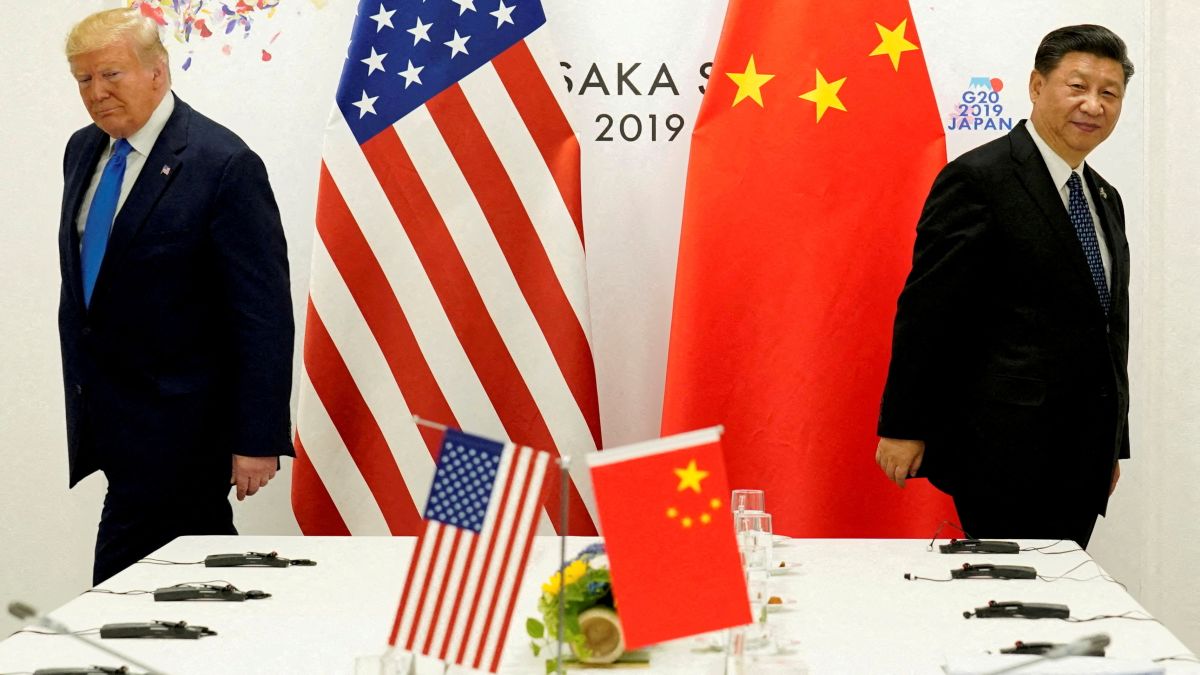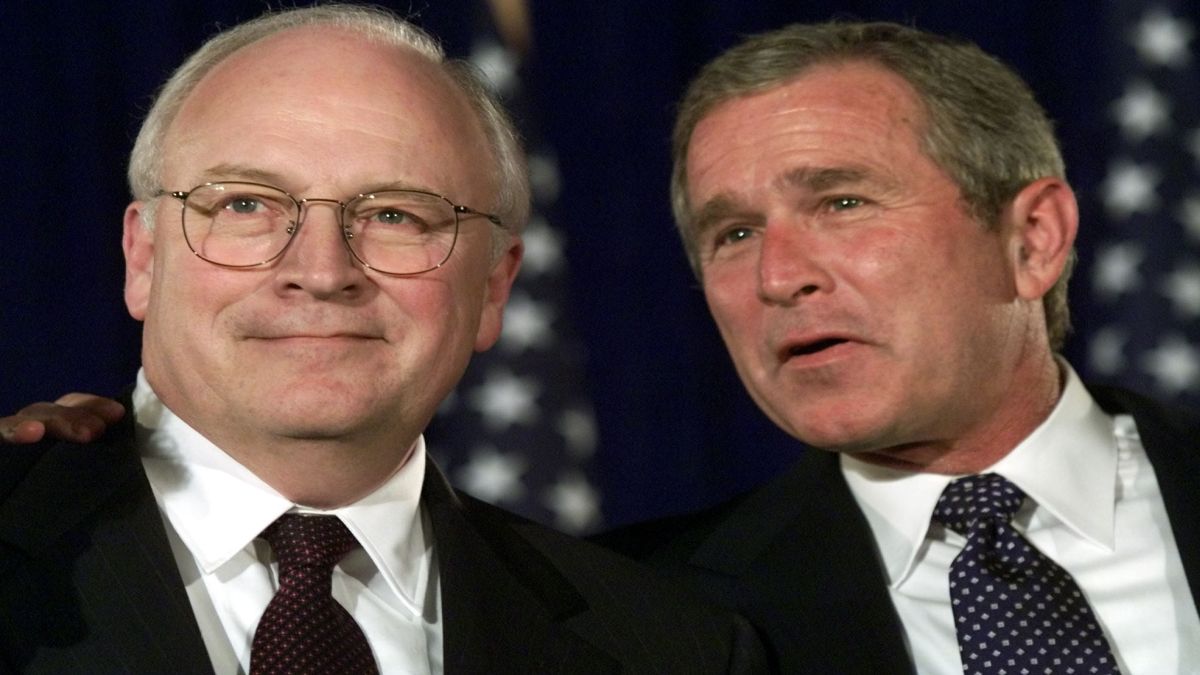China has urged the United States to steer clear of four “sensitive issues” to preserve the trade truce reached between Presidents Donald Trump and Xi Jinping, highlighting the deep-rooted tensions that continue to test bilateral relations.
According to a Bloomberg report, Xie Feng, Beijing’s ambassador to the US, identified Taiwan, democracy and human rights, China’s political system, and development rights as the key red lines that must not be crossed.
He stressed that “the most important thing is to respect each other’s core interests and major concerns," added the report.
Xie’s comments came during a virtual address to a US-China Business Council event, reported Bloomberg, citing a statement released by the Chinese embassy on Tuesday.
Xie said that “the pressing priority is to follow up on the consensus reached between” Xi, Trump and their officials, “to reassure both our countries and the world economy with concrete actions and outcomes.”
Addressing disputes over tariffs, industry, and technology, Xie cautioned that “all will lead to nothing but a dead end.”
According to a Wall Street Journal report on Tuesday, citing current and former administration officials, opposition from senior US officials convinced Trump to refrain from discussing next-generation artificial intelligence chips with Xi.
The report said they argued that making the Blackwell chip available to China posed a national security issue.
Taiwan critical flashpoint for Beijing
The remarks highlight how easily the one-year trade truce sealed in South Korea could unravel — and how Taiwan remains a critical flashpoint for Beijing, even though it wasn’t discussed in talks between Xi and Trump.
Impact Shorts
More ShortsChina regards Taiwan as breakaway territory that must eventually be unified — by force if necessary — a claim firmly rejected by Taipei.
On Friday, US Defence Secretary Pete Hegseth raised concerns with Chinese Defence Minister Dong Jun over Beijing’s growing naval presence around Taiwan and the South China Sea.
Hegseth later said both sides agreed to set up direct military communication channels to help prevent conflict.
Beyond Taiwan, the US and China remain divided on human rights issues in Hong Kong, Xinjiang, and Tibet.
Treasury Secretary Scott Bessent has also urged Beijing to shift its economy toward domestic consumption, a move Washington believes could help ease trade imbalances fueled by China’s export-driven growth.
Talks between the two leaders in Busan, South Korea, left unresolved Beijing’s bid for access to cutting-edge American semiconductors. Trump said he and Xi discussed Nvidia Corp.’s business ties with China and that the company would continue its dialogue with Beijing.
David Daokui Li, a regular policy adviser to Beijing, told Bloomberg on Monday that Xi’s agreement with Trump was a breakthrough in the bilateral relationship because the Asian giant was now treated as an “equal partner” of the US.
Li noted growing optimism among his peers in Beijing following the leaders’ meeting.
An economics professor at Tsinghua University and former adviser to China’s central bank, Li said he was confident that trade, financial, and technology disputes between the two nations were merely “small potatoes” that would eventually be settled.
With inputs from agencies


)

)
)
)
)
)
)
)
)



